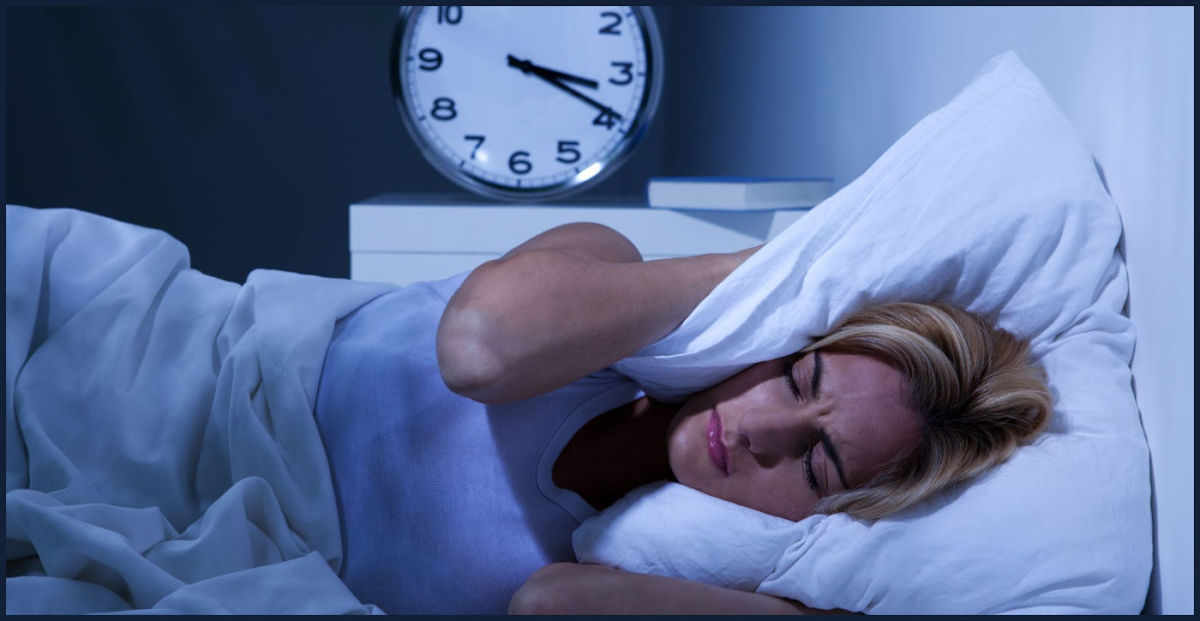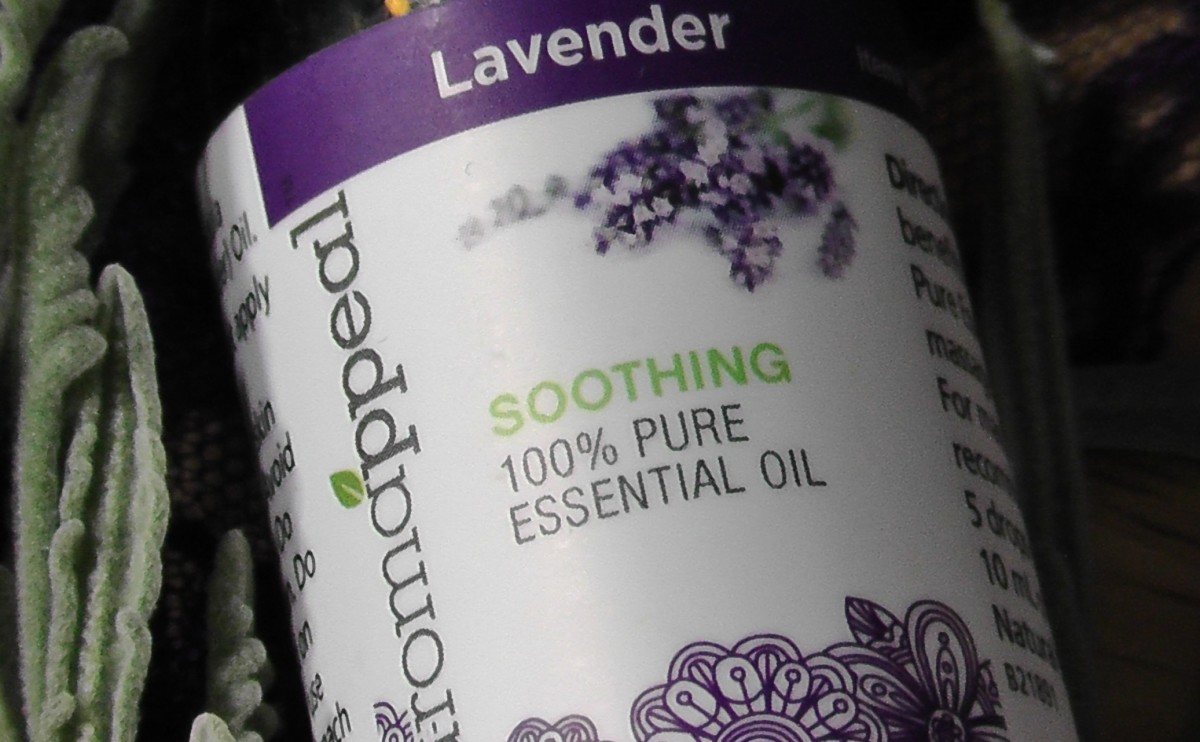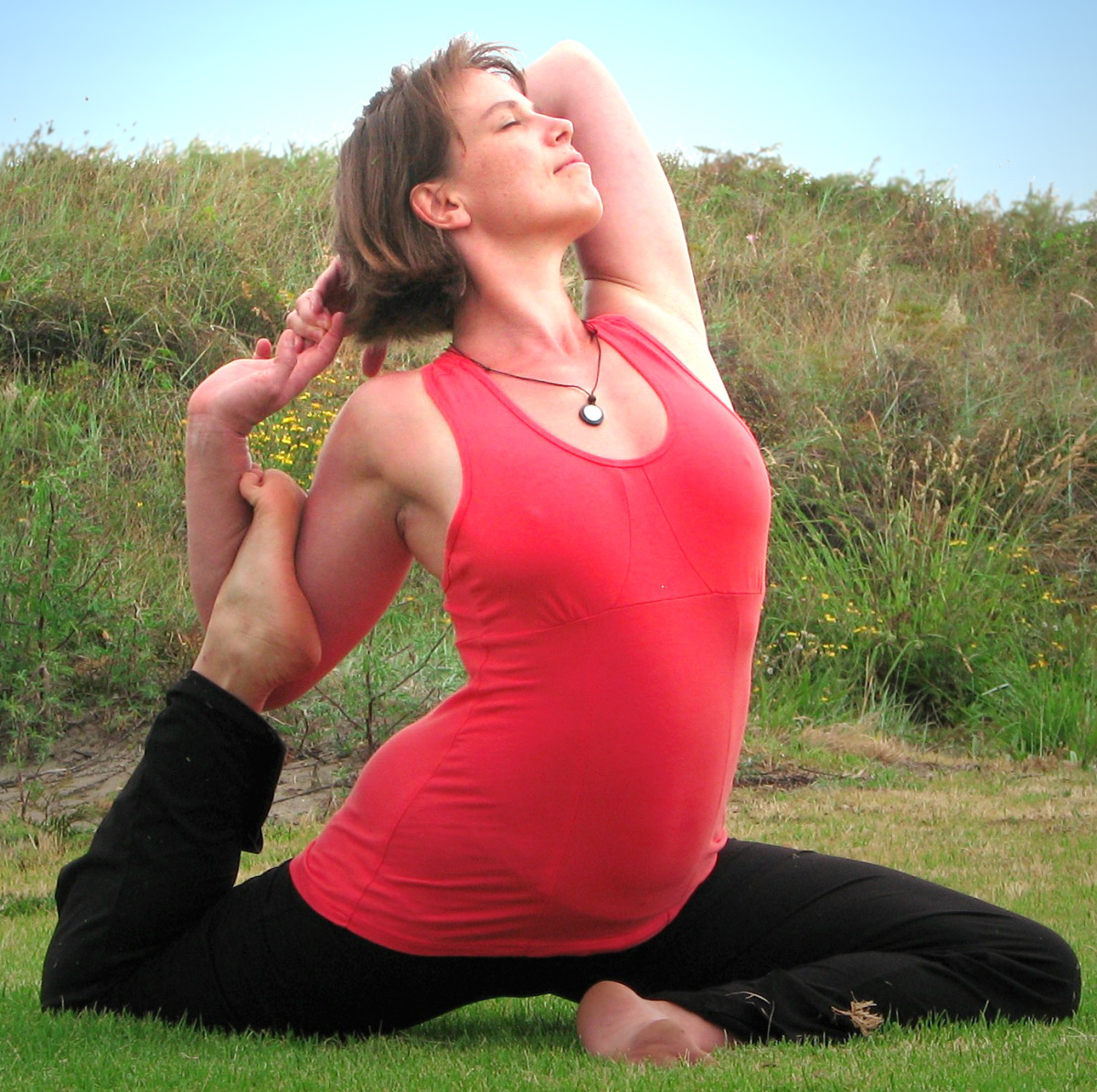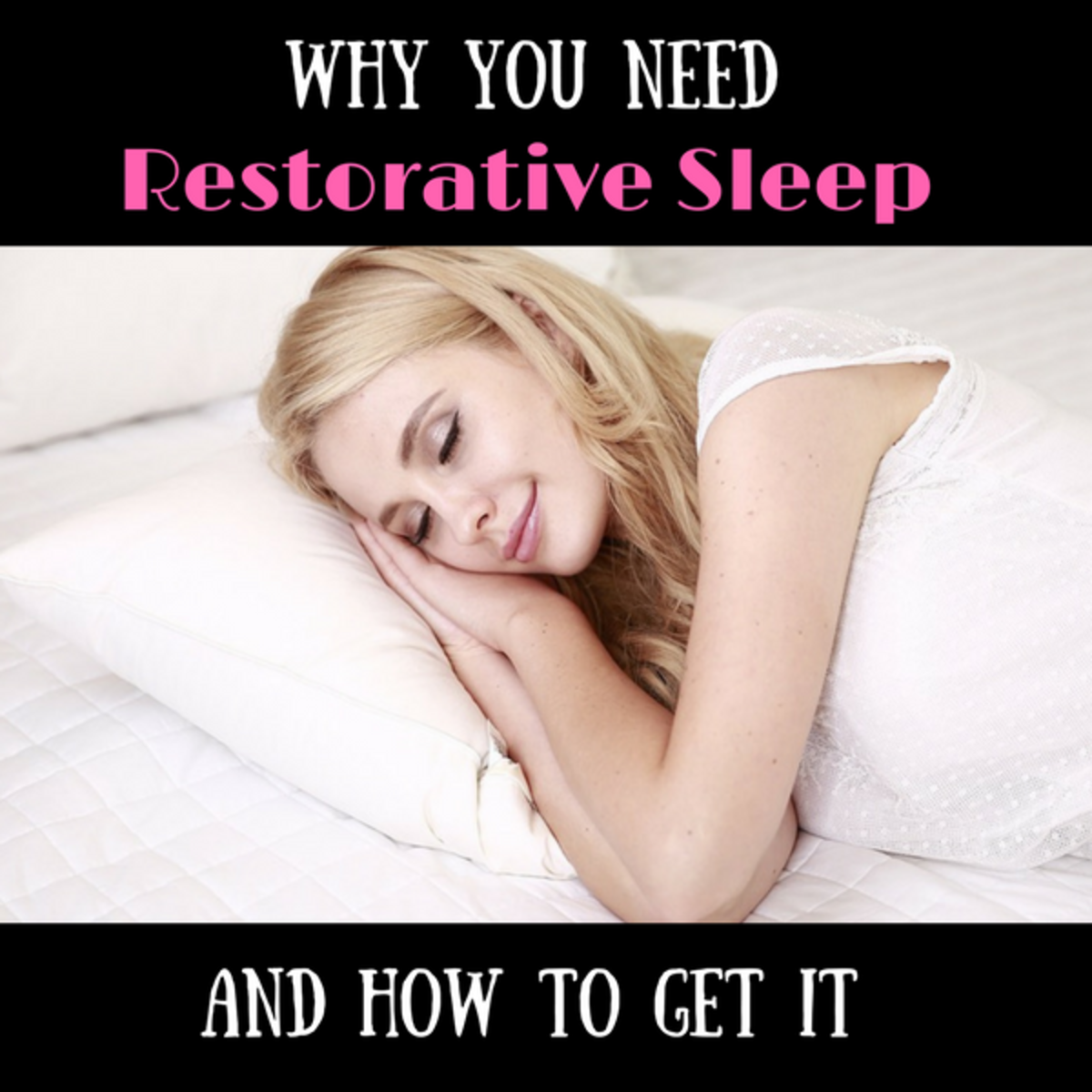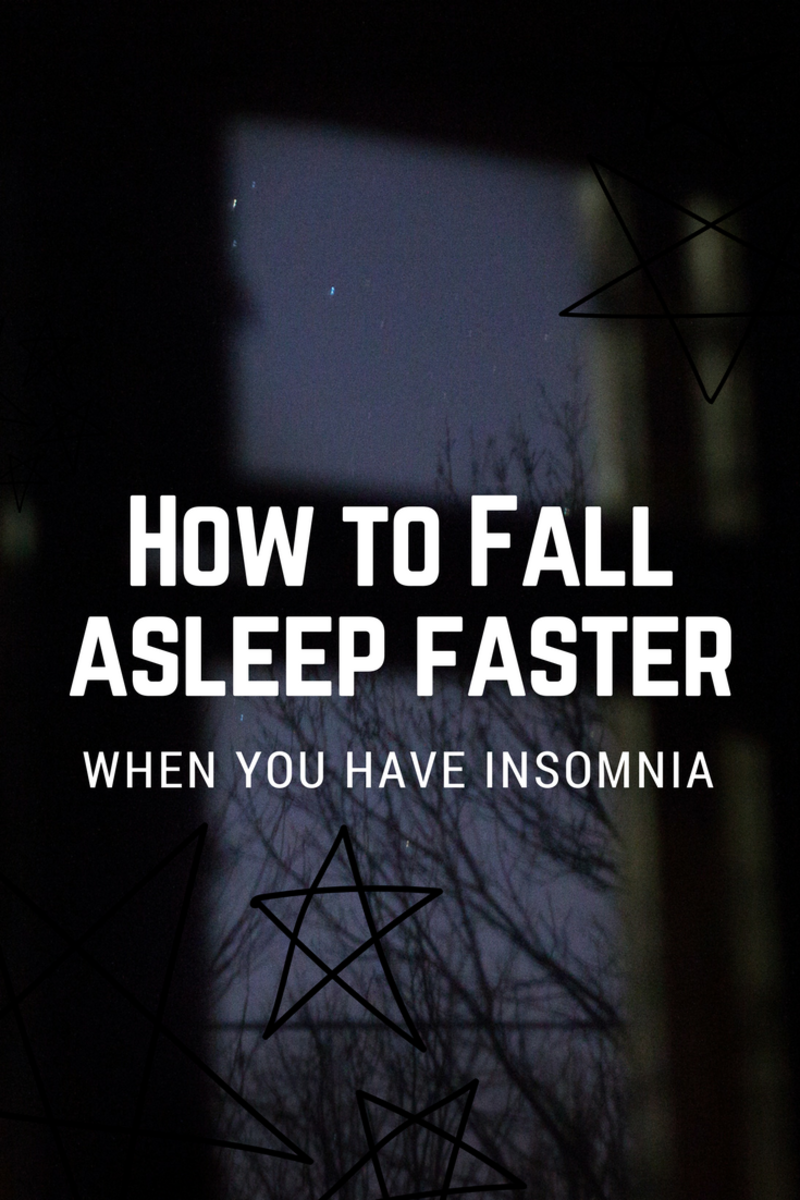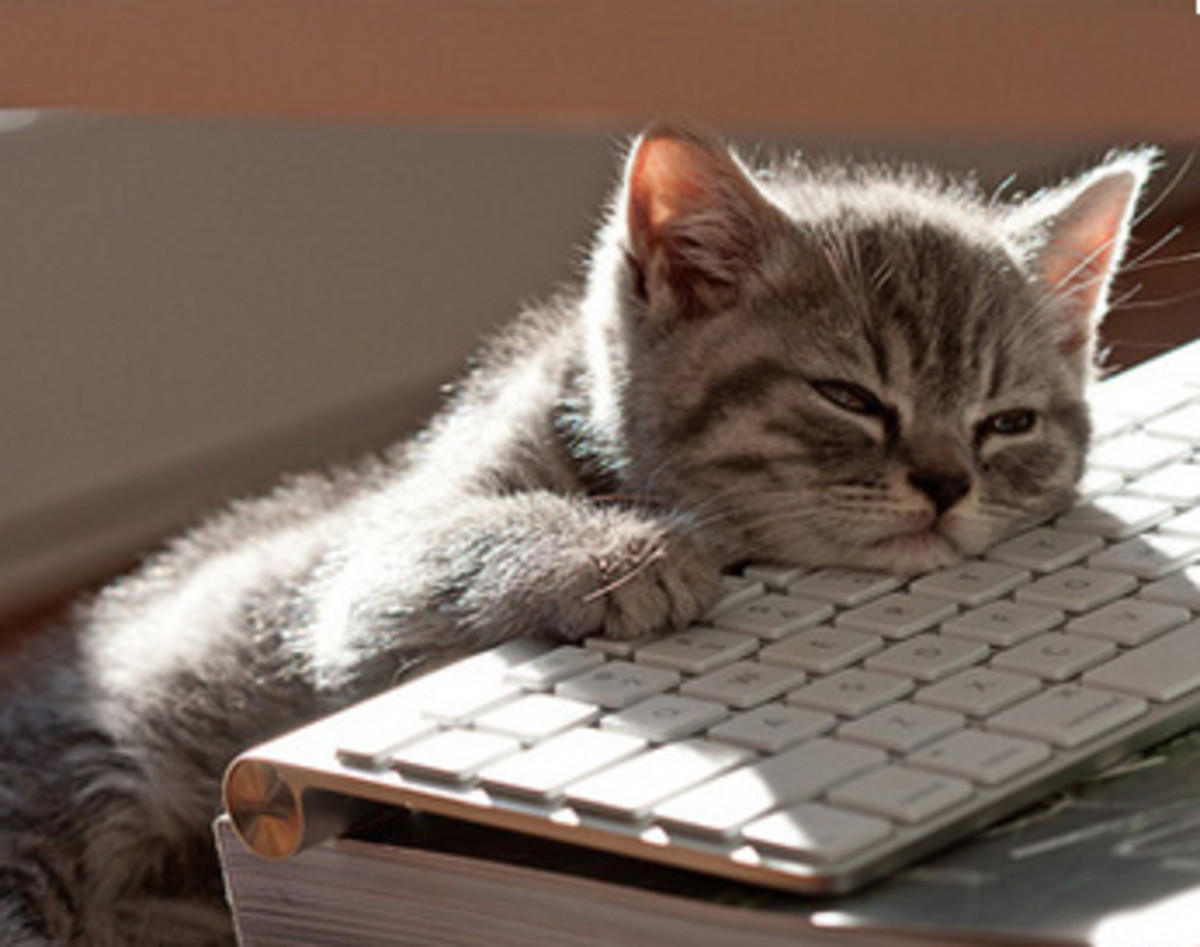- HubPages»
- Health»
- Personal Health Information & Self-Help»
- Self-Help for Sleep Issues & Sleeplessness
How To Fall Asleep Faster
Nothing Beats A Good Night's Sleep
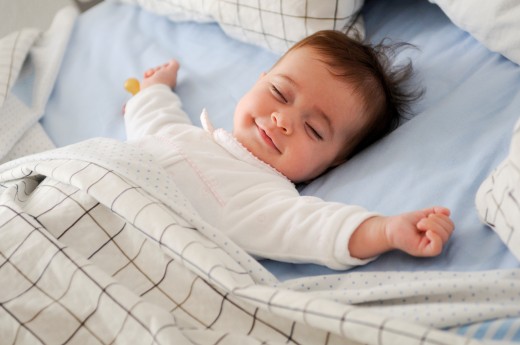
Soothing Sounds
Sounds we hear before we start snoozing can have a major impact on lulling us into a peaceful slumber. Our brain reacts on different sounds in different ways. Sounds can present themselves as threatening or non-threatening sounds. These sound waves have the ability to calm us, or to create the fight or flight affect on us, and good luck trying to sleep with a considerable amount of adrenaline coursing throughout your body. The low grumble of thunder and the pitter patter of rain in the background present themselves as non threatening sounds. It is transmitted by your brain as a peaceful sound that relaxes your brain. One of my favorite products that produces a crisp and clear sound is my Echo Dot smart home speaker . When I ask it to play the sound of a thunderstorm, it sounds like it is actually raining outside, and puts me to sleep in minutes. It plays all night until I wake up, so I am not woken up in the middle of the night due to the sounds being cut off. Along with playing thunderstorm sounds, Alexa can play water, rain forest and other soothing sounds. She can also tell you your horoscope, tell you about your day and even control smart appliances.
Diffuse Sleep Inducing Essential Oils
We have all heard of the many benefits of aromatherapy, however many of us don't utilize their soothing properties to assist us in falling asleep. The wonderful thing about diffusing essential oils is the vapor spreads the oil evenly around the room, enveloping your senses and providing health benefits without much work. Aromatherapy works by absorbing the health benefits of essential oils through inhalation, topical use, and diffusion. Inhaling these oils stimulates the olfactory system which is the region of the brain that is directly linked to smell. The tiny molecules that enter through the nose are then passed to the lungs and other parts of the body. When they reach the brain they affect the limbic system. The limbic system correlates to emotions, heart rate, breathing, memory, stress, and hormone balance. Try out this diffuser below, I highly recommend it. I use mine every single day!
Invest In High Quality Bedding
The most comforting thing at the end of a long day is to hop into a comfortable, well made bed with high quality bedding and pillows. Nothing can ruin a good nights sleep or make it difficult to visit dreamland than poor sheets, bedding and pillows. Low quality pillows, for example can leave your neck in an awkward position and cause you to wake up with stiffness and aches; effecting your entire day. Be sure to have enough support for your neck and head without putting strain on either. Great pajamas also have a huge impact on your sleep. Be sure to dress according to the weather/temperature of your home. Silk pajamas and light fabrics will keep you cool in the summer and prevent you from waking up sweaty, never a fun experience. Warm cotton or even microfiber pajamas will keep you warm in the winter. Remember the ideal room temperature to sleep in is 69' F. Be sure to change your pillowcases and sheets often, as they can cause oily hair/face/body which can lead to unwanted acne.
Red Light District
Light has a profound affect on our body. It influences our bodies on how to act. For example, the light produced by cell phones, tablets, televisions and computers has the power to trigger an "awake" response in our bodies. Our bodies natural circadian rhythmm (also knows as our internal clock) is guided by light. So staring at electronice devices make it more difficult to fall asleep by telling our brains that we are exposed to light, and the sun is out so it must not be time to sleep, thus keeping us awake. Warm, soft glows on the lower end of the color spectrum can help us prepare for snoozing time far more than the blue light waves that our electronic devices emit. Surprisingly, red light has the highest ability to lull us into a sleep quicker, and is the best light for sleeping in. Try using a red night light in your bathroom for those late night trips, that way you don't have to turn on the bright light and "wake" your brain up too much before attempting to fall back asleep. Notice that night shift modes on electronic devices emit a low orange or red light. Using a nightlight that has a red bulb can work wonders in creating an inviting and relaxing sleep space. I personally use my pink Himalayan salt lamp every night, which makes my room inviting and incredibly cozy by casting a soft pink glow on my bedroom.
Temperature Matters
Your body temperature is responsible for regulating your internal clock. When lying in bed getting ready to snooze, your internal temperature decreases slightly to induce sleep. For most effective sleep, be sure to regulate temperatures to a degree that promote deep sleep. The ideal room temperature to sleep in is 60-67 degrees F. The best environment to sleep in is a cool and dark room. In addition to cooling the surrounding area's temperature, you should also wear socks, or place a hot water bottle at your feet. The heat will dilate blood vessels and push your core temperature to a more ideal setting. When your extremities are warmed up, you essentially are shifting blood flow/heat away from your core. Your room should be similar to that of a cave: cool, dark and comfortable. Try also turning on a fan that hits you with colder air. The thought behind this method is that the cool circulating air will disperse body heat. Another trick that has to do with temperature is to take a hot shower. Heating yourself up an hour before bed and then stepping into a cool room will lower your core temperature much more easily. Research has shown that this rapid decrease in core heat slows down your metabolism quicker and prepares you for bed. Hot or even warm showers relax your body's muscles, so that helps in preparing you for slumber. If you be sure to make it a consistent habit of showering before bed, your body will begin to expect it and adapt to the routine, making it easier for you to fall asleep quicker and stay asleep longer.
Apply Acupressure
Acupressure is derived from acupuncture. This is the thought that your body is a network of energy flows to specific points in your body. Applying pressure to some of these points is thought to regulate, and restore balance to your mind, body and spirit. Try out some of these pressure points:
- Between your eyebrows, there is a small depression on the level of your brows, right above the nose. Apply gentle pressure to that point for a minute.
- Between your first and second toes, on top of the foot, there is a depression. Press that area for a few minutes until you feel a dull ache.
- Imagine that your foot has three sections, beginning at the tips of your toes and ending at the back of your heel. Find the distance one-third back from the tips of your toes and press on the sole of your foot for a few minutes.
- Massage both of your ears for a minute.
Get Out of Bed
If all else fails and you are lying in bed wide awake, get up out of bed and try to move around. Splash yourself with cold water on your face, do something active that engages your hands and your brain, like a crossword or jigsaw puzzle for around ten minutes, and be sure to get out of bed while you do this activity. If you focus too much on needing to fall asleep, your brain may fight it. Get up and force yourself to stay awake. Think about how much you want to stay awake and not fall asleep. This reverse psychology on your brain tricks it into wanting to fall asleep. Sleep is the one thing that if you focus and try harder at it, you will fail. Remember, reverse psychology on your brain is not a permanent solution but a short term one. If you use this trick and still continue to struggle falling asleep, go see a doctor as you may have a medical condition which requires medication, or some other form of therapy that cannot be utilized on your own.
How many hours of sleep do you get each night?
© 2018 Back to Basics
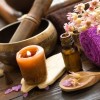

![DreamNorth Premium Gel Pillow Loft (Pack of 2) Luxury Plush Soft Bed Pillows for Home, Hotel Collection [Good for Side and Back Sleeper] Cotton Cover Dust Resistant & Hypoallergenic - Queen Size White](https://m.media-amazon.com/images/I/319YLzPqqIL._SL160_.jpg)

